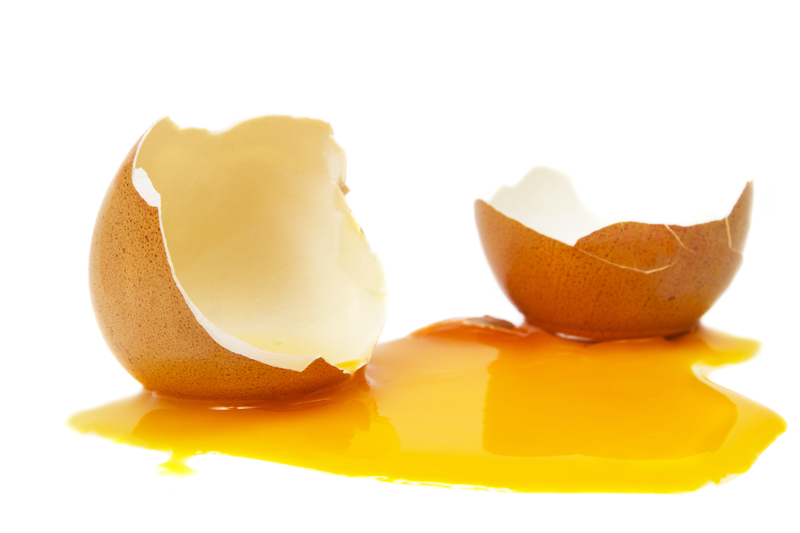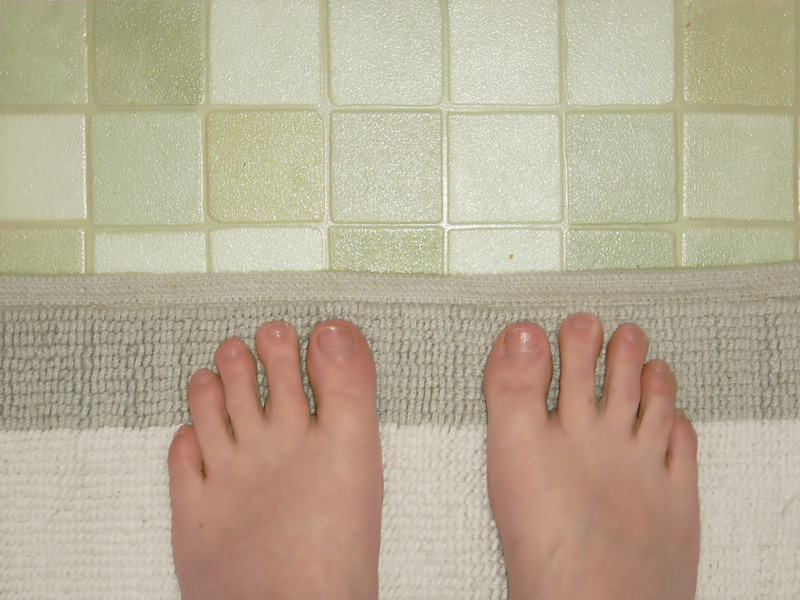Is Purchasing a Polypropylene Carpet a Good Idea?
Posted on 01/06/2025
When it comes to carpet shopping, there are numerous options to choose from, each with its own set of benefits and drawbacks. Polypropylene carpets are among the most popular choices due to their affordability and practicality. But the question remains: Is purchasing a polypropylene carpet a good idea? This article dives deep into the features, pros, and cons of polypropylene carpets to help you make an informed decision.
What is Polypropylene Carpet?
Polypropylene, also known as olefin, is a synthetic fiber widely used in various forms of carpeting. Unlike natural fibers like wool, polypropylene is man-made, which allows for a range of customization in texture, color, and style. These carpets are produced using a solution-dyeing process that embeds color directly into the fibers, making them fade-resistant and highly durable.

Advantages of Polypropylene Carpets
Polypropylene carpets are known for a variety of benefits that make them an attractive option for many homeowners. Here's what you need to know:
- Affordability: One of the key advantages is that polypropylene carpets are generally more affordable than other types of carpets, like wool or nylon.
- Stain Resistance: Polypropylene fibers are highly resistant to stains, making them an excellent choice for high-traffic areas and homes with kids or pets.
- Water Resistance: These carpets are also resistant to water damage, which makes them suitable for basements and other moisture-prone areas.
- Colorfastness: Thanks to the solution-dyeing process, the color of polypropylene carpets does not fade easily, even in direct sunlight.
- Low Maintenance: These carpets are easy to clean and maintain, requiring only regular vacuuming and occasional spot treatments.
Disadvantages of Polypropylene Carpets
While polypropylene carpets offer plenty of benefits, they also come with a few drawbacks. Here are some potential issues to consider:
- Durability: Although polypropylene is durable, it is not as strong as nylon. It can flatten or crush over time, especially in high-traffic areas.
- Sensitivity to Oil: Polypropylene fibers are prone to absorbing oils, which can leave permanent stains.
- Heat Sensitivity: These carpets can melt when exposed to high temperatures, so they should be kept away from sources of intense heat.
- Shorter Lifespan: Compared to wool or nylon carpets, polypropylene options generally have a shorter lifespan and may need to be replaced sooner.
Tips for Purchasing Polypropylene Carpets
If you've decided that a polypropylene carpet might be a good fit for your home, here are some tips to help you make the best choice:
- Check the Density: Higher-density carpets are usually more durable. Look for tightly packed fibers for better longevity.
- Choose Darker Colors: Darker shades are better at hiding stains and signs of wear and tear.
- Consider the Pile Type: Opt for loop or cut-loop piles for better performance in high-traffic areas.
- Test for Stain Resistance: Always check if the carpet has been treated for additional stain protection.
- Read Reviews: Doing a little research on customer reviews can provide additional insights into the performance of the carpet you're considering.
Takeaways
- Polypropylene carpets are an affordable and practical option, particularly suited for homes with high-traffic areas, kids, or pets.
- These carpets offer excellent stain and water resistance but are less durable than other carpet types like nylon or wool.
- Proper care and maintenance are essential to extend the lifespan of polypropylene carpets.

Conclusion
So, is purchasing a polypropylene carpet a good idea? The answer depends on your specific needs and circumstances. If you're looking for an affordable, stain-resistant, and low-maintenance option, polypropylene carpets are an excellent choice. However, if durability and longevity are your top priorities, you might want to consider other materials like nylon or wool. By weighing the pros and cons, and following the tips provided, you can make an informed decision that fits your home and lifestyle.
Pros and Cons
- Pros: Affordable, stain-resistant, water-resistant, colorfast, low maintenance.
- Cons: Less durable, sensitive to oil and heat, shorter lifespan.
Latest Posts
Transform Your Kitchen with Pro Oven Cleaning Tips
The Surprising Link Between Home Cleanliness and Mental Wellbeing

 Company name:
Company name:  Telephone:
Telephone:  Opening Hours:
Opening Hours:  Street address:
Street address:  City:
City:  E-mail:
E-mail:  Web:
Web:  Description:
Description: 







